|
|
|
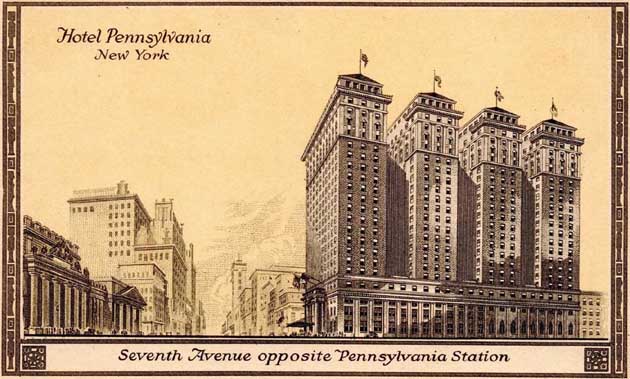
|
|
1921 |
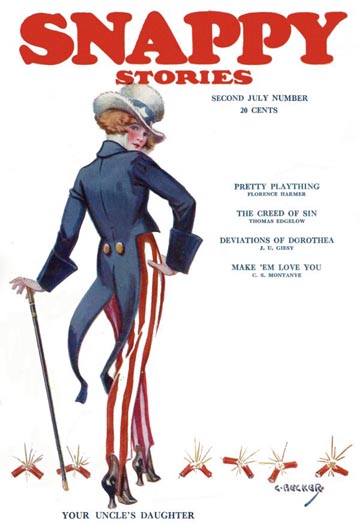 |
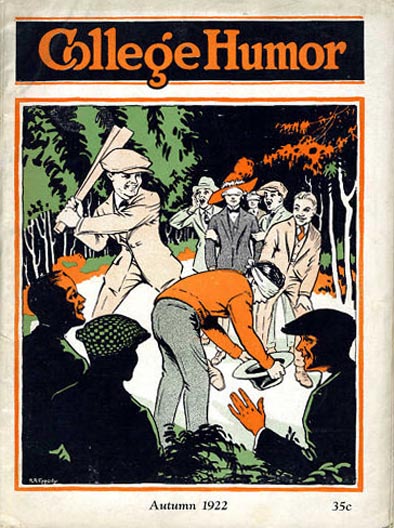 |
|
|
1924 |
“FORMER SHELBY GIRL
Writes Story of College Life Which Appears in February Munsey's.
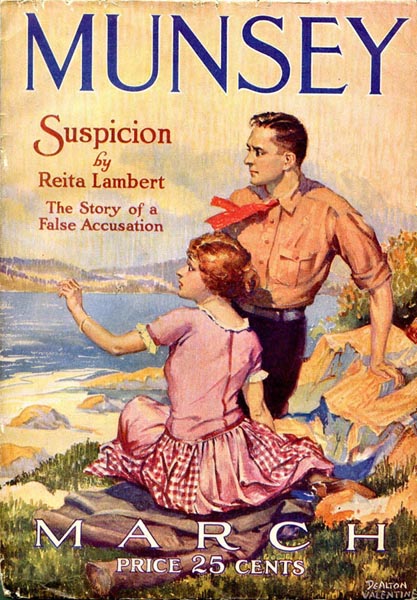 |
|
|
1925 |
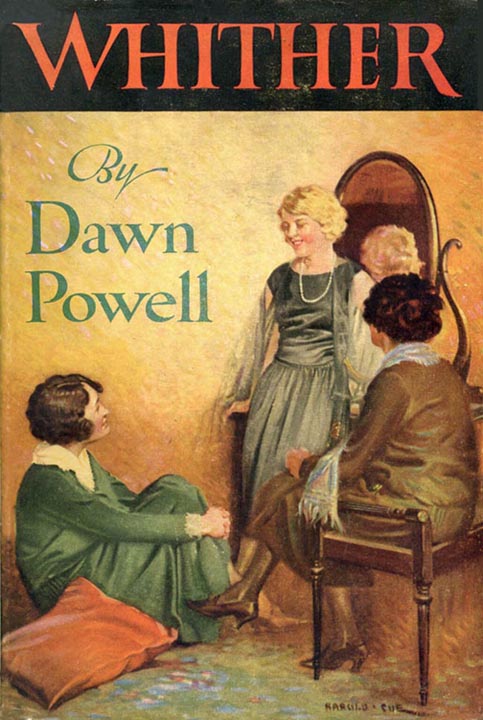 |
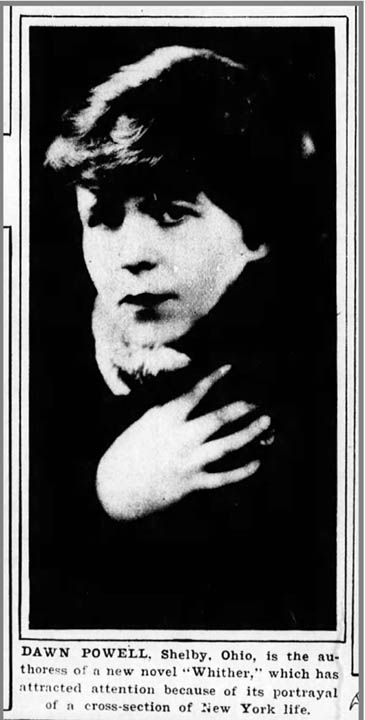 |
“WHITHER"
“MRS. JOSEPH GOUSHA
| Email Us |